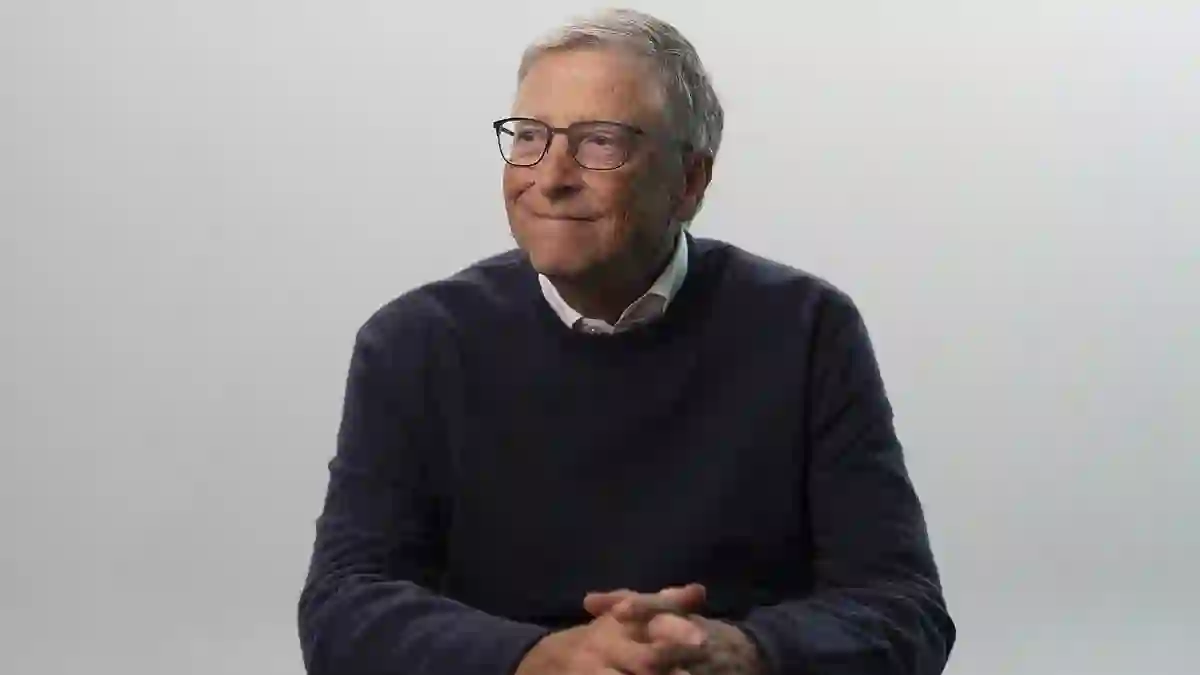Imagine seeing $51 billion disappear from your bank account in a matter of days—and not flinching.
That’s exactly what happened to Bill Gates recently, but it wasn’t due to bad investments or a scandal.
Instead, it was the direct result of a personal promise he’s been repeating for years: to give almost all of his wealth away.
Gates Doubles Down on Giving It All Away
In a heartfelt blog post published back in May, Gates announced he’s accelerating the pace of his giving.
Over the next 20 years, he plans to donate nearly every dollar of his remaining fortune to causes he believes in—primarily through the Gates Foundation, the charitable organization he started with ex-wife Melinda French Gates.
That decision didn’t just affect his public image—it had real implications for how his net worth is calculated.
Bloomberg updated its wealth ranking methodology to more accurately reflect Gates’ massive philanthropic commitments.
As a result, his reported net worth fell sharply, now sitting at around $123 billion.
From the Top of the List to a New Kind of Legacy
Gates, who once dominated the global billionaire rankings for nearly two decades, has now slipped from 5th to 12th place on Bloomberg’s Billionaires Index.
That move places him just below fellow tech mogul Michael Dell.
But the loss in rankings clearly doesn’t bother him.
“People will say a lot of things about me when I die,” Gates wrote in his blog, “but I am determined that ‘he died rich’ will not be one of them.”
His mission has always been clear: wealth is a tool, not a trophy.
Gates has repeatedly said that his children will inherit less than 1% of his fortune—choosing instead to use his money to address global challenges like disease, education, and poverty.
The Gates Foundation’s Final Chapter
Another key detail Gates revealed is that the Gates Foundation is expected to wind down by 2045.
That gives him just two decades to complete his mission and make a lasting impact through giving.
It’s a rare example of a billionaire not only committing to donate wealth but also attaching a clear timeline and execution plan to the effort.
Meanwhile, Ballmer Steps Into the Spotlight
Ironically, Gates’ slide down the rich list made room for a familiar name to rise—his longtime friend and former Microsoft right-hand man, Steve Ballmer.
Now the fifth richest person in the world, Ballmer is also no stranger to philanthropy.
He joined Microsoft back in 1980, giving up an MBA at Stanford to become the company’s 30th employee.
Originally brought on as a business manager, he struck a profit-sharing deal that was so lucrative, it had to be renegotiated.
Gates even gave up a portion of his own shares to keep Ballmer on board.
That deal helped build Ballmer’s massive fortune—and his impact is now being felt beyond the tech world.
Ballmer Also Gives Back in a Big Way
Following Gates’ example, Ballmer has donated over $4 billion and created the Ballmer Group, a philanthropic initiative focused on boosting economic mobility for families in the U.S.
So while he may have gained a higher spot on the rich list, Ballmer’s also following the same philosophy: use wealth to make a difference, not just to make headlines.
Musk, Zuckerberg, and the Rest of the Billionaire Pack
As of July 12, the richest person in the world remains Elon Musk, thanks to his leadership at Tesla and SpaceX. Meta CEO Mark Zuckerberg, Oracle founder Larry Ellison, Amazon’s Jeff Bezos, and Ballmer round out the top five.
But in Gates’ world, those rankings aren’t the point anymore.
He’s focused on impact. And if it costs him a few billion—and a few places on the list—it seems he’s more than happy to pay that price.



